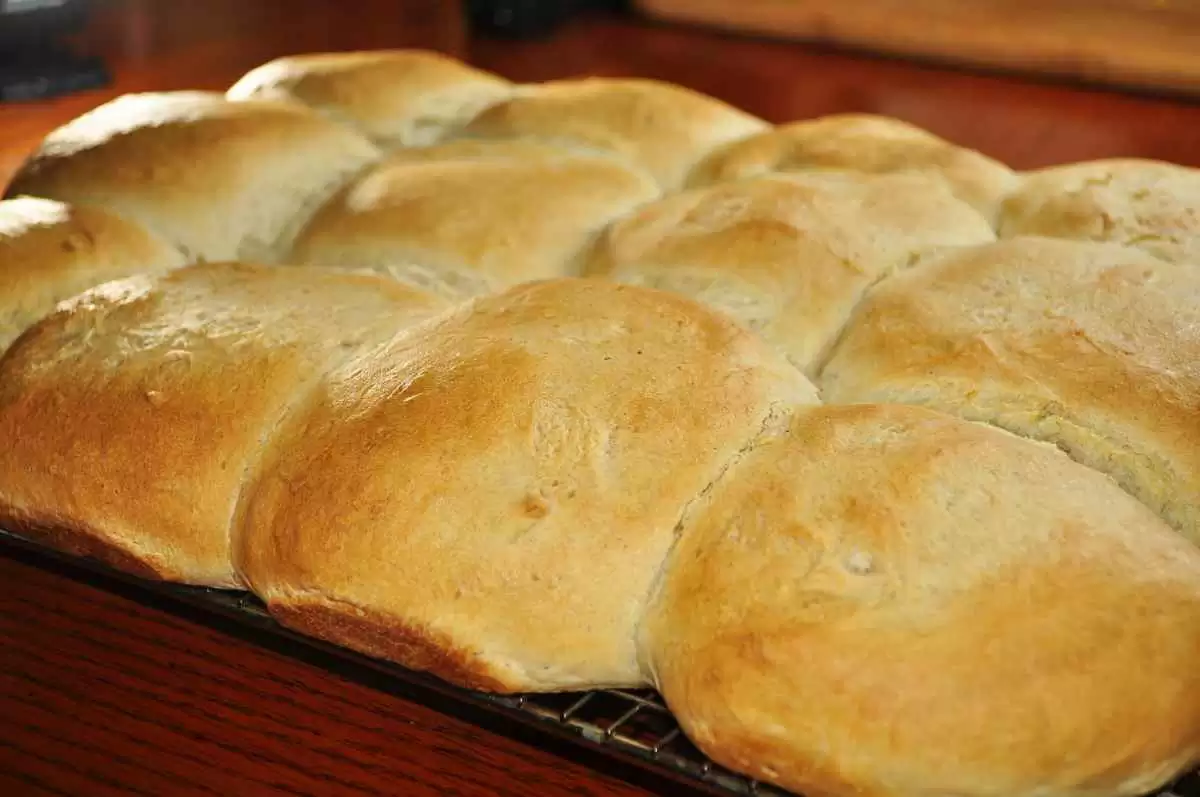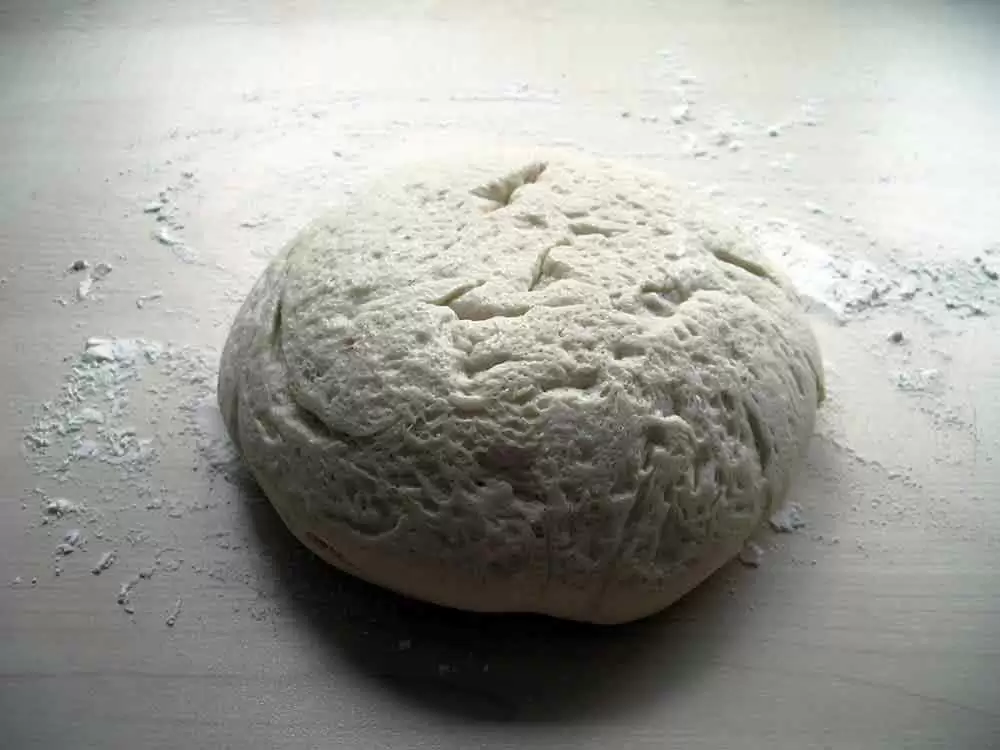
Celiac.com 08/08/2022 - Celiac disease is triggered by digestion-resistant gluten peptides that carry immunogenic epitopes. Sourdough fermentation has shown promise in reducing the concentration of gluten peptides within food. However, researchers don't know much about the effect of partial sourdough fermentation on immunogenic gluten.
A team of researchers recently set out to examine the effect of a single sourdough culture, much like those commonly consumed in commercial products, on the digestion of immunogenic gluten peptides. The research team included Olivia J. Ogilvie; Juliet A. Gerrard; Sarah Roberts; Kevin H. Sutton; Nigel Larsen; and Laura J. Domigan.
Celiac.com Sponsor (A12):
They are variously affiliated with the School of Biological Sciences, University of Canterbury, 20 Kirkwood Avenue, Upper Riccarton, Christchurch in New Zealand; the Riddet Institute, Massey University, Private Bag in Palmerston North, New Zealand; the School of Biological Sciences, University of Auckland, Private Bag in Auckland, New Zealand; The New Zealand Institute for Plant & Food Research Limited, Private Bag in Christchurch Mail Centre, Christchurch 8140, New Zealand; and the Department of Chemical and Materials Engineering, University of Auckland, Private Bag Auckland 1142, New Zealand.
The team used the INFOGEST protocol to digest sourdough bread. Across the entire the digestion process, they used quantitative and discovery mass spectrometry to model the kinetic release profile of key immunogenic peptides, and to profile novel peptides, while using ELISA to assess the allergenicity of gluten. Additionally, they performed macrostructural studies.
As it turns out, sourdough fermentation changed the protein structure, in vitro digestibility, and immunogenic peptide release profile of certain peptides. Interestingly, sourdough fermentation did not reduce overall concentration of immunogenic peptides, but it did change the in vitro digestion profile of certain peptides.
The team's effort shows that partial sourdough fermentation can change immunogenic gluten digestion. Theirs is the first study to assess the in vitro kinetic profile of immunogenic gluten peptides from sourdough bread.
The idea that the celiac immune reaction to immunogenic gluten peptides can be reduced using sourdough fermentation is an intriguing one. Stay tuned for more on this and related stories.
Read more in Nutrients 2021, 13(6), 1906








Recommended Comments
There are no comments to display.
Create an account or sign in to comment
You need to be a member in order to leave a comment
Create an account
Sign up for a new account in our community. It's easy!
Register a new accountSign in
Already have an account? Sign in here.
Sign In Now